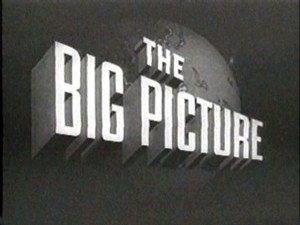Excerpted from: Slightly Mad Rantings of a Body Intellectual, By Phil Porter
If you knew what stress felt like in your body, you could probably name the physical experiences that signal this charming, here-it-comes-again-all-too-soon experience. But you don’t experience stress, now do you?
 What if we imagined another state that was the opposite of stress–a shimmering-water, skin-tingling, open-hearted, melted-chocolate-on-figs sort of experience. What would that feel like in your body? What if we were to snatch a word that is as happy in the world of dance as it is in the world of spirit and call that experience “grace.” A bit presumptuous, yes indeedy, to pull this oft-used, sometimes misunderstood noun and slather it on the body of our physical experience.
What if we imagined another state that was the opposite of stress–a shimmering-water, skin-tingling, open-hearted, melted-chocolate-on-figs sort of experience. What would that feel like in your body? What if we were to snatch a word that is as happy in the world of dance as it is in the world of spirit and call that experience “grace.” A bit presumptuous, yes indeedy, to pull this oft-used, sometimes misunderstood noun and slather it on the body of our physical experience.
Presumptuous yes, but surprisingly easy.
You have it already in your life, I’m sure. You may have slightly different words to describe it—peaceful, calm, centered, energized, easy, amused—but you have it. What would happen if you were to pay more attention to that experience, to notice where you were, what you were up to, who else was nearby. What if you were to do those things, be with those people, go to those places more often?
I’ll tell you what—you would be happier, healthier, more whole.
Stress can do some interesting things to us. It can rev us up, get us going, spark new ideas. But it is hard on our bodies
and fails as a long-term strategy unless you want to be exhausted, shaky, and frazzled. IT’S A BEAR! That’s when stress is really helpful. Run like crazy! But our lives today are more like this: IT’S A BEAR! IT’S A BEAR! IT’S A BEAR! IT’S A BEAR! Way too much stress. It can really wear you down.
Grace builds up the body. Not to mention making us easier to live with.



 Posted by fridaymorninginterplay
Posted by fridaymorninginterplay  by Phil Porter
by Phil Porter